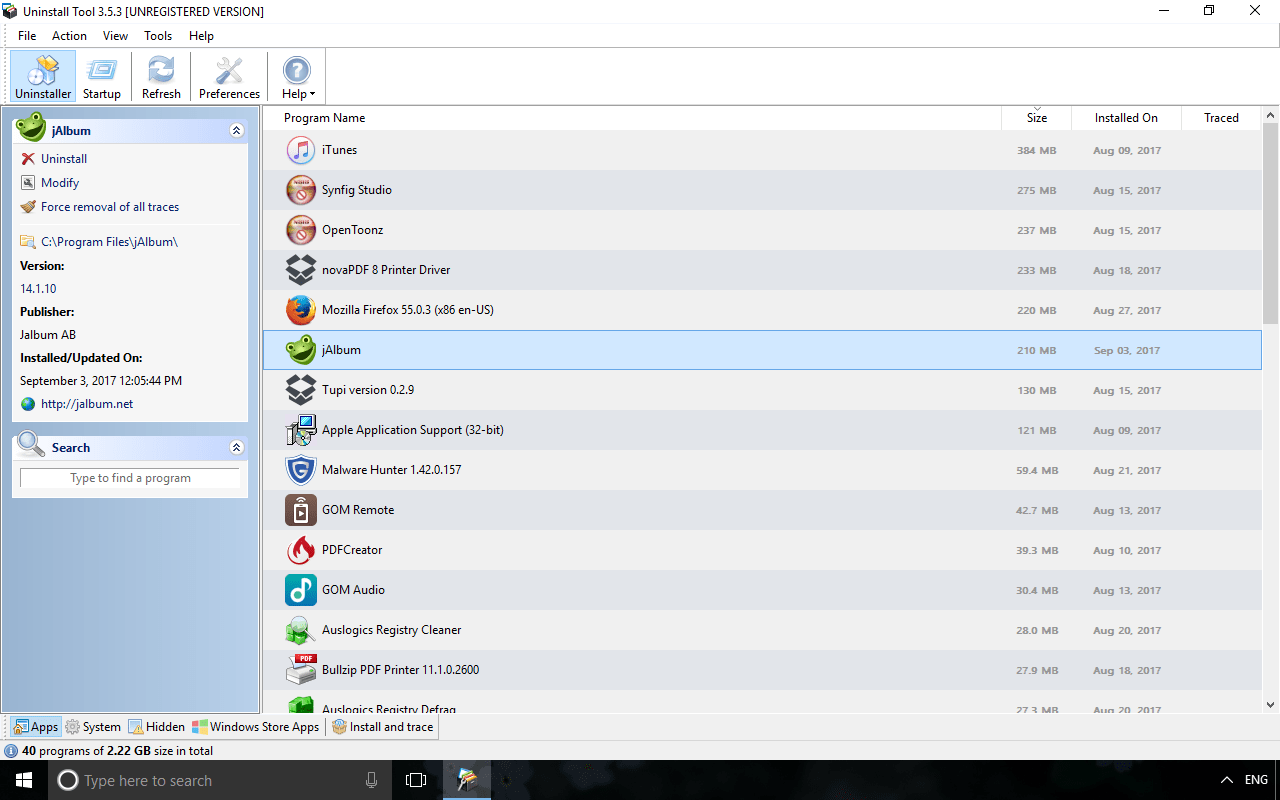

If you are using Outlook 2016, 2019, or 365, copy the following line, then right click in the command prompt window to paste it. If you don't see Command Prompt on the menu, you'll need to type cmd on the Start screen to find the Command Prompt then right click on it and choose Run as Administrator Older Windows version: Right click on the Start button and choose Command Prompt (Admin).

Windows 10: Start typing cmd on the Start screen in the task bar search field to find the Command Prompt then click Run as Administrator Now you’re ready to roll back the click-to-run installation. In many cases, the “bad” file will be removed or replaced with a corrected update, and you can allow Office to install updates without reinstalling "trouble" after a few weeks have passed. Next, create an appointment in your calendar for 30 days from now to remind yourself to check for updates. In Outlook (this is an Outlook help site after all), go to File, Office Account, Update Options and click on Disable Updates. You can disable updates from the File menu in any Office application. If you don’t disable updates, the problem update will reinstall itself. Then the app will be uninstalled with nothing left remaining.First, you need to disable Office updates. Check the box in front of the app and click “Remove”. Cleaner One Pro allows you to sort apps by name, size and the date of last use. Tired of all these laborious steps? Try Cleaner One Pro! It is an all-in-one disk cleaning tool that can quickly uninstall any app. An easy approach to uninstall Microsoft Office 365 Select the following files and move them to Trash:

Microsoft Office Removal Tool, released by Microsoft, allows users to quickly and thoroughly delete any version of an Office app, but only on Windows system. But you may want to uninstall Microsoft Office in the event of finding better office software - or due to a bug that requires reinstallation. Microsoft Office has been one of the most popular apps on Mac for many years.


 0 kommentar(er)
0 kommentar(er)
